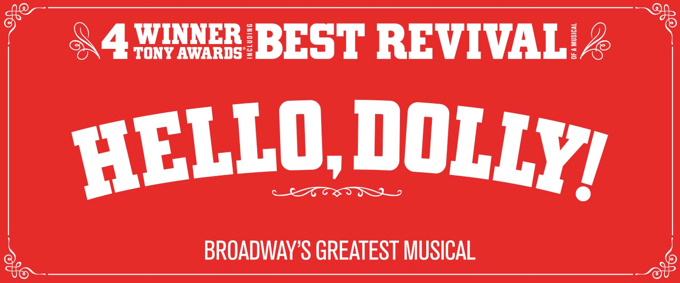Review: HELLO, DOLLY! at the Hobby Center
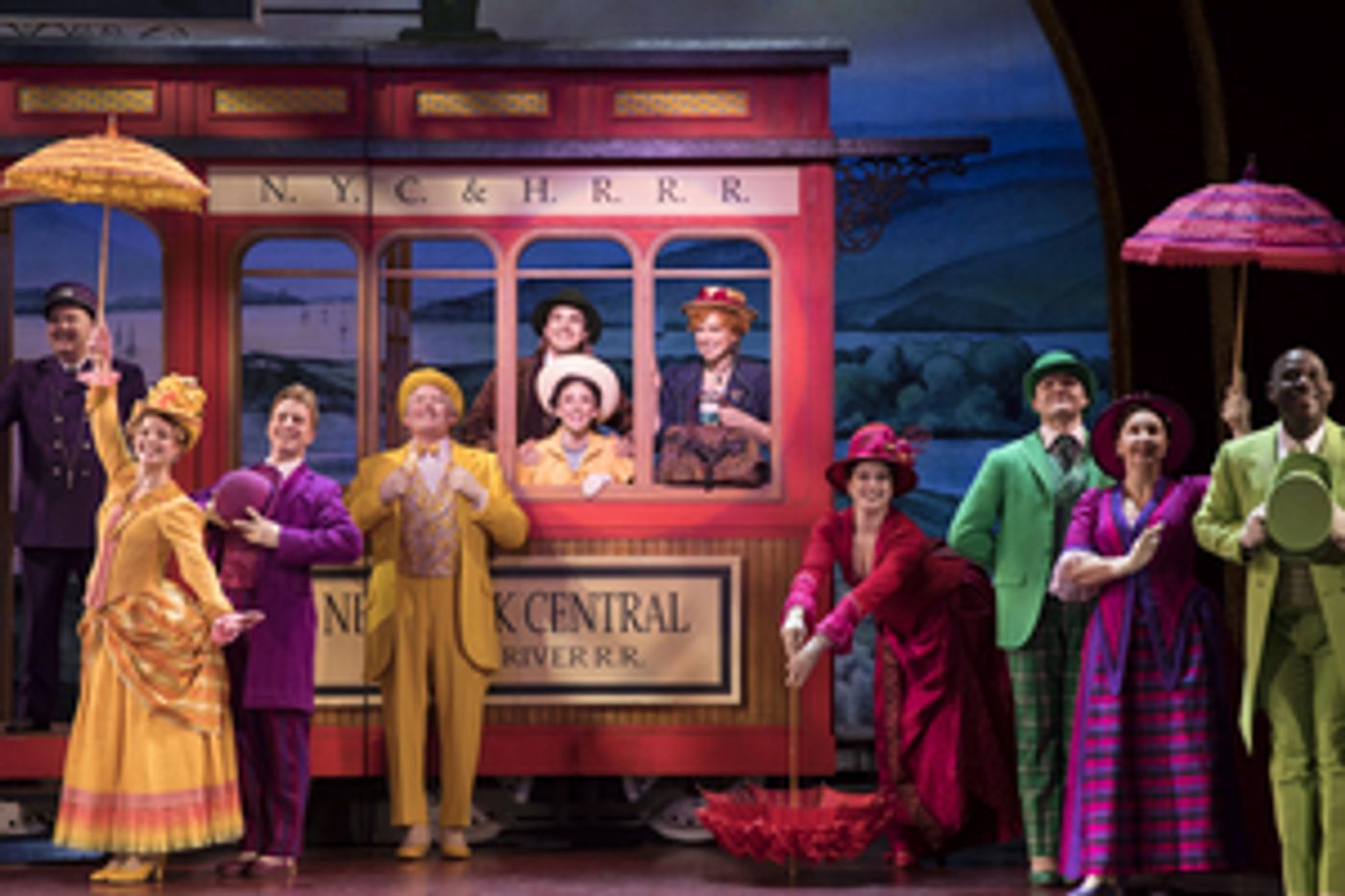
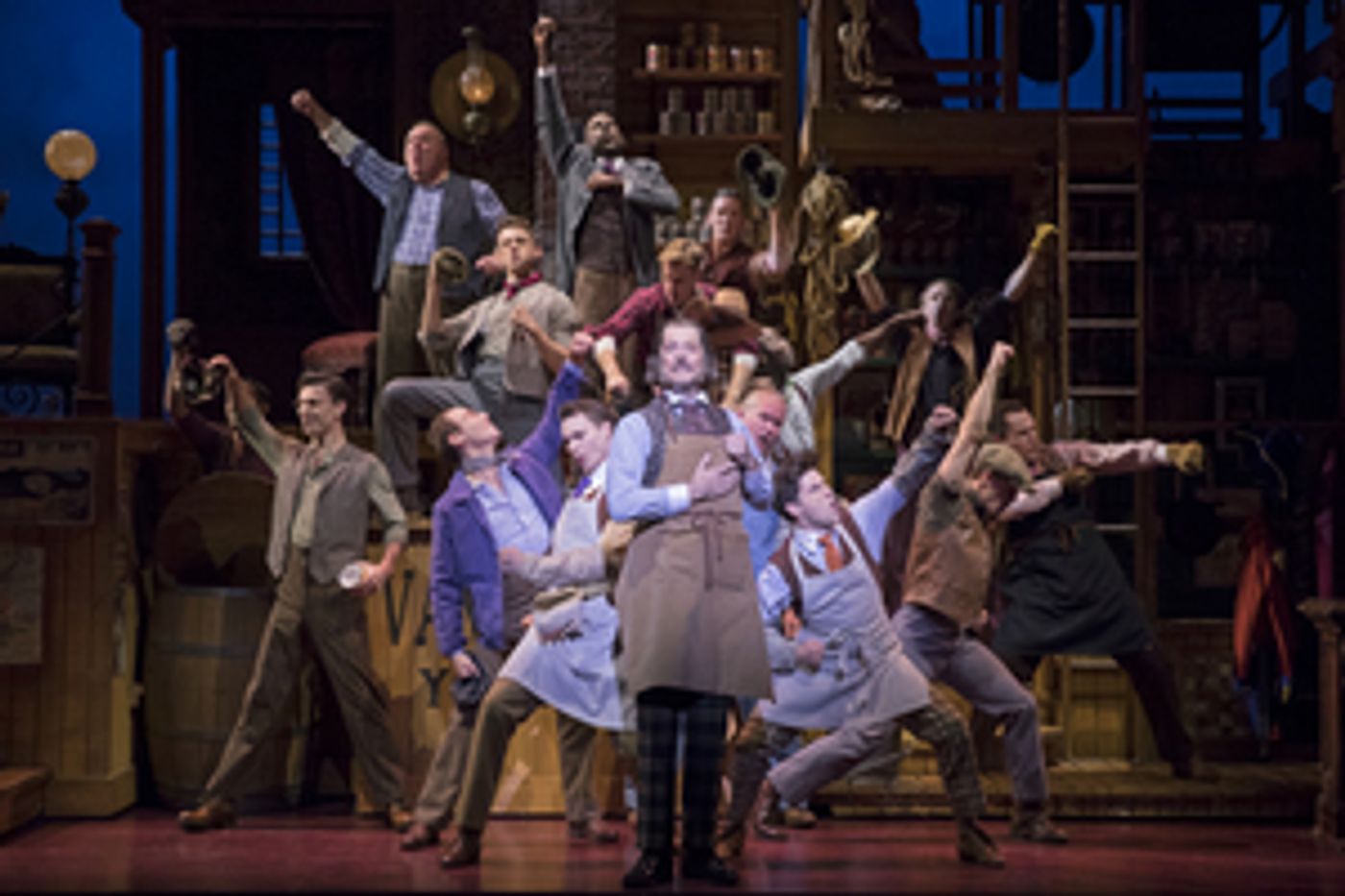
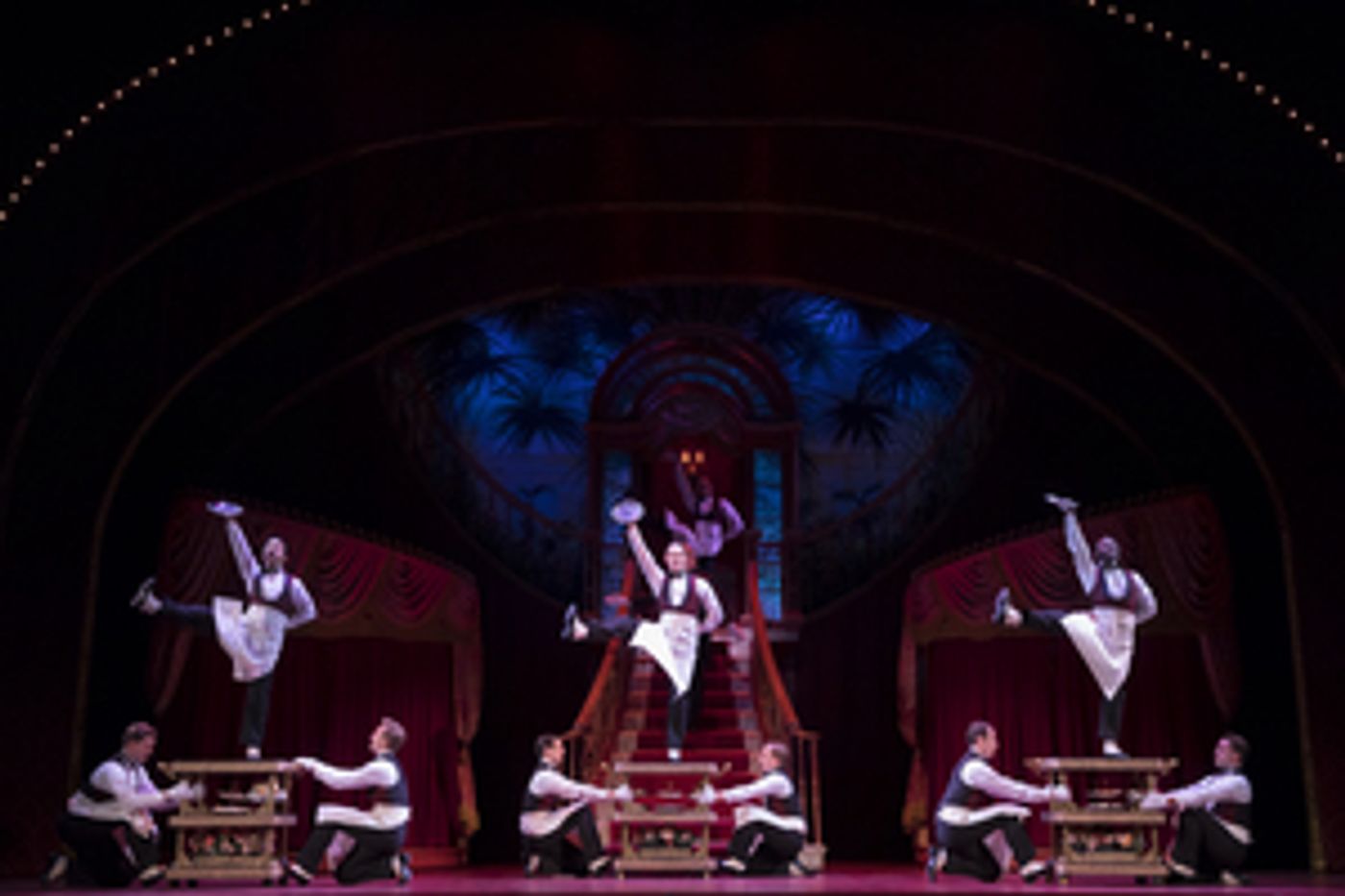
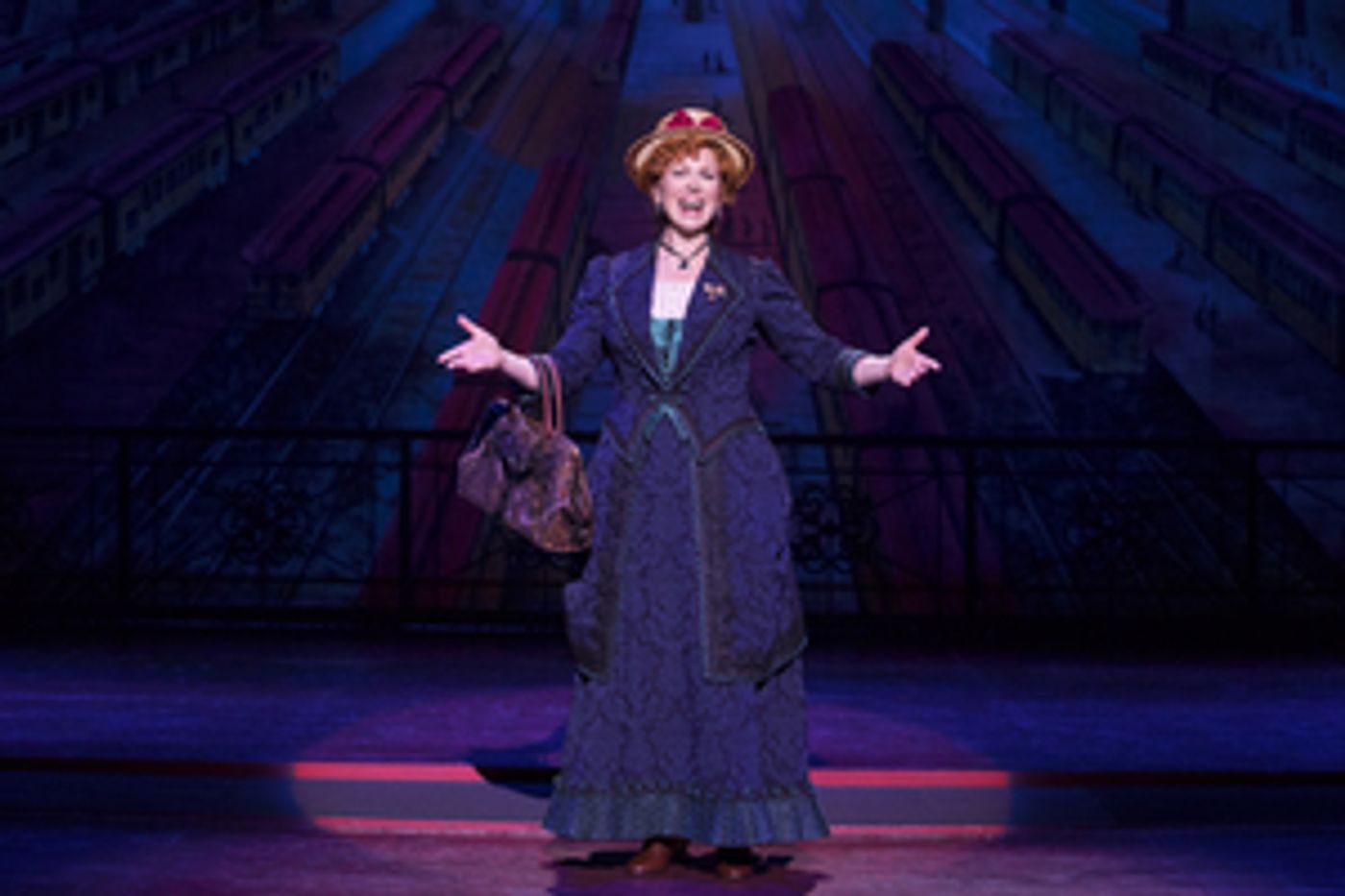
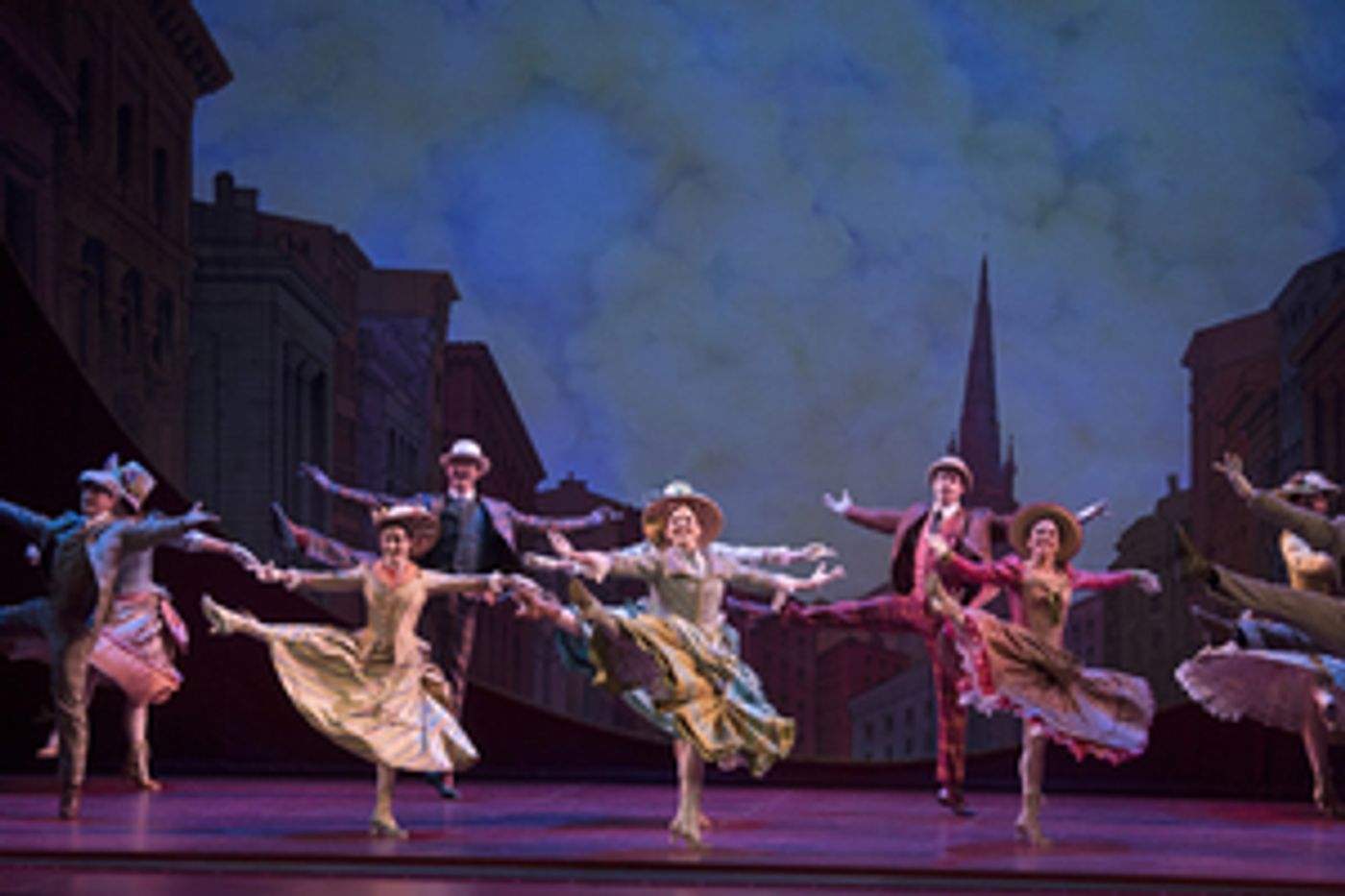
"Dolly will never go away again!"
But that's just it. Dolly has never gone anywhere.
So long as there are humans on earth, Hello, Dolly! will continue to live. Somewhere, somehow, the show will always be produced, the songs always sung, the characters always riffed off of. It has left an impact that would be immeasurable. The late Jerry Herman's deliciously infectious melodies from this musical are so intertwined within the fabric of America that its title song helped Lyndon Johnson become President in 1964.
I must begin by stating that Hello, Dolly! is hands-down one of my favorite musicals. The 1969 Gene Kelly-helmed film is what launched my love affair with movie musicals and Barbra Streisand. Moreover, sometimes when I'm planning my Sunday morning outfits, I can't help but hear "Put on Your Sunday Clothes" haunting me from the deep crevices of my psyche. Simply put, it is the epicenter of the musical theatre comedy canon. It positioned the singing, dancing, comedic role of matchmaker Dolly Gallagher Levi a coveted one. Once inhabited by so many powerhouse performers such as Ethel Merman, Donna Murphy, Betty Grable, Betty Buckley, Leslie Uggams, Ginger Rogers, Mary Martin, Thelma Carpenter, and my personal favorite, Pearl Bailey, this was the role that confirmed Carol Channing as a national treasure. Carol Channing, also the recipient of a Tony Award for the role, played Dolly more than 5,000 times within the span of 30 years and only missed 4 1/2 performances (due to food poisoning in Michigan).
In a tense political climate ravaged by flashing headlines and devastating division, the 50th Anniversary touring production of Hello, Dolly! stops at Houston's Hobby Center to offer us alternative viewing - one of exuberance and breathless optimism.
This beloved musical classic is about the cantankerous "half-a-millionaire" Horace Vandergelder (a high-spirited John Bolton) who owns a hay and feed shop in Yonkers, New York. He hires the unflappable Dolly Levi (the divine Carolee Carmello) to find him a wife. Dolly, who has a business card for everything ranging from finding love to practicing law, also meddles in the romances of Ermengarde (Laura Sky Herman) and Ambrose (Colin LeMoine), Horace's hapless clerks Cornelius Hackl (Daniel Beeman) and Barnaby Tucker (Sean Burns) and two shop girls, Irene Molloy (the silver-voiced Analisa Leaming) and Minnie Fay (Chelsea Cree Groen). All the while, Dolly's true plan is to win Vandergander's hand for herself. A lovely display of old-school hijinks and gags continue to entertain. The book, adapted from Thornton Wilder's play The Matchmaker by Michael Stewart in 1964, still holds up after all these years. The lyrics, so jam-packed with optimism and longing, still resound with audiences today.
"I'm gonna go again,
I'm gonna drive again,
I can feel my heart coming alive again,
Before the parade passes by"
I had the pleasure of meeting Ms. Carmello at the stage door following the show, and she is just as radiant up close as she is onstage. Her Dolly is witty, snarky and full of boundless energy that radiates out into the rafters. Her wispy voice, that was made famous by Jason Robert Brown's ballads in Parade, ebbs and flows with a theatrical might. Herman's most treasured songs such as "I Put My Hand In Here", "Before The Parade Passes By", "So Long, Dearie" are in good hands, Ms. Carmello delivers them with gusto and finds new discoveries in material we have all heard before. She is, and rightfully so, the sole reason to see this show. Her physical choices are unforgettable (she drank gravy onstage for at least two minutes), her comedic timing spot on and her lust for life is palpable, yet still authentic. This was so true that even her fellow scene partners almost broke character several times during the show. It would've made the night all the more magical. She is, as all Dolly's should be, the humming, thrumming engine that makes this show run.
Carmello was joined in the fun by the marvelous Analisa Leaming, who made Irene Molloy to be a more grounded, resolute ingenue than audiences are used to. Irene's hopeful tune "Ribbons Down My Back" sits beautifully within Leaming's voice and only furthered her naturalistic acting choices. Groen's Minnie Faye gave a few laughs with her zany facial expressions to delightful audience response. Jane Brockman's Ernestina added new shades of comedy to the plot in the later half of the plot.
In fact, with the exception of the hilarious John Bolton, the female actresses seemed to be taking full stage in this performance. The energy they inhibited eclipsed that of the men, particularly the male leads who gave off sleepy, uninspired performances. Though they were all equipped with fine classical voices, it did appear as if Cornelius, Barnaby and Ambrose were simply in the wrong show. Not one that was driven by endless joy and longing for love, but more brooding and serious fare. Regrettably, these performances stunted the audience experience and made us wait until Dolly returned onstage. This, coupled with the ever-constant microphone issues and a non-stop rippling curtain upstage left, did prove to be a bit of a distraction and let down for the opening night performance.
However, there were clearly no expenses spared for this production. There is an endless array of brightly-colored period costumes that shine and sparkle under the lights. Santo Loquasto's double duty as both costume designer and scenic designer proved to be a successful risk to take, as they are both so harmonious. Giant staircases appear and disappear within seconds. Trains pick up passengers and exit with precious cargo. The numerous scenic elements both large and small are impeccably executed while never popping a thread. The costumes evoke the silhouettes of yesteryear while also being functional and kinetic - vital parts of making a huge musical revival like this run like a well-oiled machine. The choreography, mostly retained from the original production, still pops with pizzazz and verve as ensemble members leap and dash. The athleticism of the variously-aged (but not so diverse) ensemble should be commended and celebrated. It is no wonder this musical is only done by the greats, because it takes great effort to accomplish it and make it worth our while. This 50th anniversary production does just that, giving us a new polish and an old car that will run until the end of time!
Reader Reviews

Powered by
|
Videos


